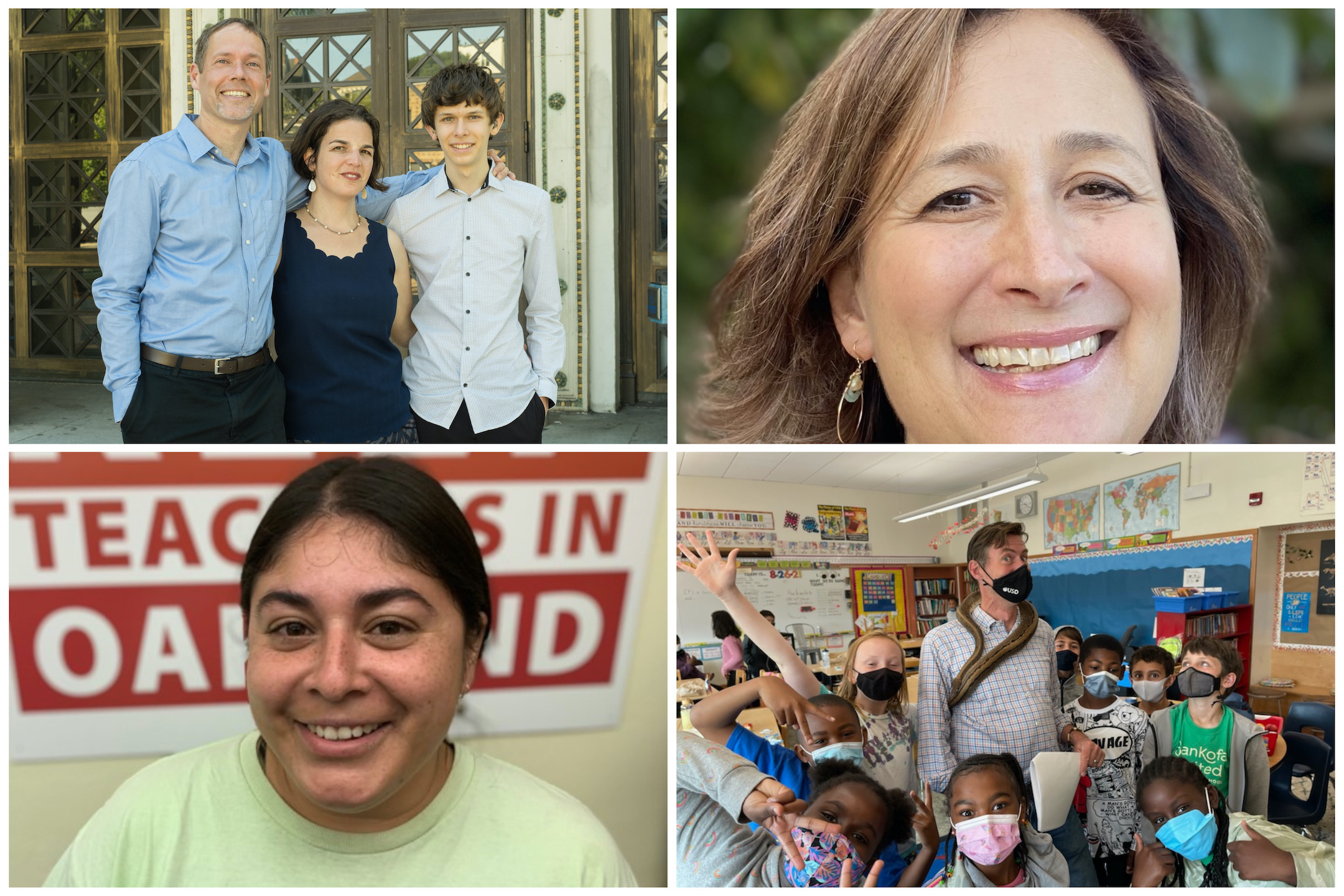
This article is part one of a three-part series sharing OUSD administrator and teacher perspectives to the start of in-person learning, including many lessons learned during 18 months of distance learning during COVID. (Read parts two and three).
School districts are like small countries, with many of the challenges that nations face. Among national concerns that impact schools are health, transportation, nutrition, technology, the possibility of violence and issues with policing, both on school grounds and in the neighborhoods–and every one of these factors directly or indirectly impact the school site.
The pandemic not only threatened the health of students and staff but impacted many of the concerns often thought of as city, state, or national concerns, from providing healthy food for students and their families to ensuring that students had access to technology to participate in distance learning. An OEA Executive Board Member, two school principals, and school board member share their thoughts on returning to school this semester after a year-and-a-half of remote learning.
Dennis Guikema, Principal, Sankofa United Elementary School
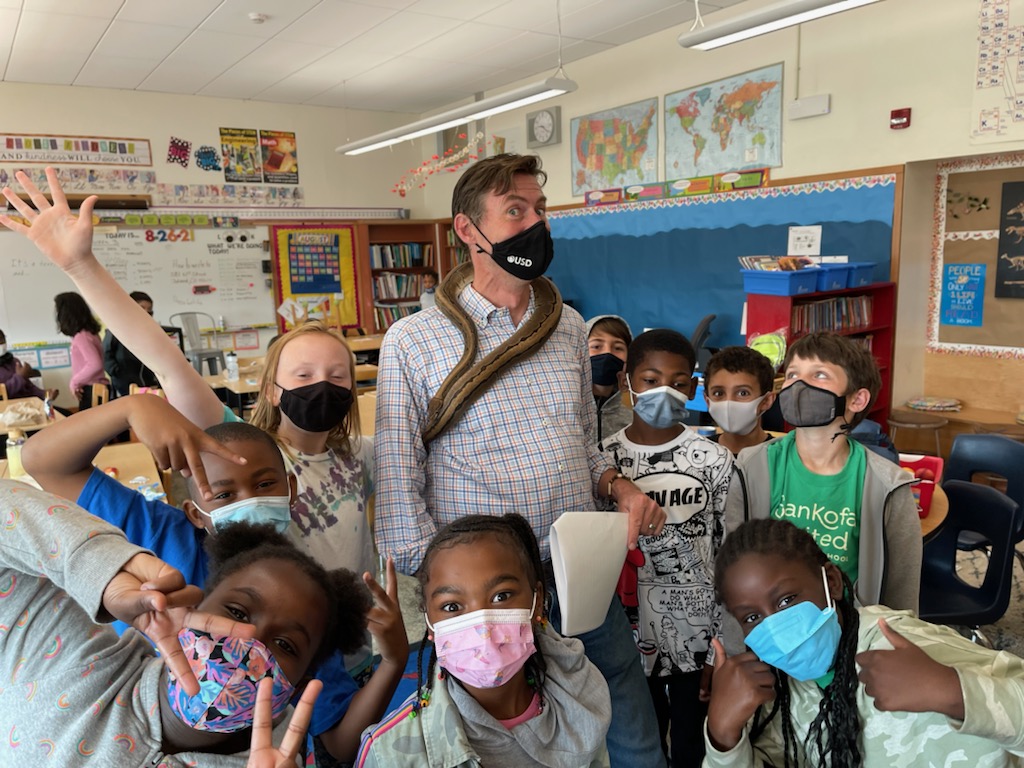
Dennis Guikema is in his second year as Principal at Sankofa United after it was merged with Kaiser Elementary. Guikema started teaching English in Oakland in 1994 and moved into administration 12 years ago. An avid cyclist and world traveler, Guikema lives in North Oakland with his wife and their 3-year-old daughter:
“We’re being extra “pre-cautious.” Our COVID protocols make it such that what would have been just sniffles in the past is something that we have to treat as a serious symptom. It’s also really difficult for families; kids are going home more often and having to stay home a little longer as a precaution. We have had to send kids home almost every day for some sort of symptom.
I really appreciate the thoroughness with which the district has supported us through the incredible complexity of this pandemic. I don’t know a person in our school community who isn’t grateful to have children back on our campus, so all of the support to make that happen has been exceptional there.
Families, by and large, have expressed a tremendous amount of gratitude and have enjoyed having students back in school. I also find there’s a tremendous amount of grace on how tight we have to be on our safety protocols; there’s a balance of grace and appreciation. I have not had a single parent who has expressed a negative sentiment about having masks at school.
At the same time, we as a school do not take a punitive stance if a child doesn’t mask up. We are using positive reinforcement to encourage the student to wear the mask, and kids by and large are willing to do that. I have not had any circumstances where a child has blatantly refused to wear a mask. There are kids who need more reminders than others.
In these first couple of months of school, I have just seen a level of teaching and learning that is through the roof.
Our core values are equity, rigor, care, and joy; equity is the top core value of our school. When you have a school that is racially, socially, economically, and in every measure, is as diverse as our school is, equity is an incredibly important piece. Equity just manifests itself in so many different ways. There have been opportunity gaps in our school, in our district, in our state, forever; that’s been widened by distance learning. So, our goal as a school is to is vigilantly close those opportunity gaps and to do it at every level. We’re seeing kids really benefit.
I’m really proud of our students. They’re working hard and they’re having to all make up for lost time…to mitigate the loss of learning in distance learning. You couldn’t fully replicate the educational experience in distance learning. Now that we are back, and we’re full time back, I’m really proud of our students for working so hard.”
Vilma Serrano, Melrose Leadership Academy, transitional kindergarten teacher and OEA Executive Board Member

Vilma Serrano is a leader in the Oakland Education Association, the local teachers’ union, and has been an Executive Board Member since 2019. She has nine years of teaching experience:
“At the start of the pandemic, teachers were starting to get very worried, hearing about how transmissible it was. OEA as a leadership body was not necessarily pushing for anything quite yet but a lot of different schools were potentially organizing for some sort of work action. OEA spoke to the district in terms of teachers’ concerns.
OEA was involved most of the year, through bargaining around safety. Without those safety conditions, we felt it wasn’t really possible to come back and to be able to keep students safe. It’s not that the OEA intentionally kept schools closed. Our bargaining took a really long time, to increase ventilation and the distribution of air purifiers; these were not compromises that we were willing to make.
Everyone is working overtime at our school sites, and it is really untenable. Our big priority is that we can sustainably maintain these COVID protocols, with contact tracing, and with communication with parents around exposures. Implementation can look really different at times and that’s concerning because we really need a systemic response.
A priority that I think many teachers have or would like to see is that there could be a full-time COVID liaison at every school where right now principals are being split, acting as public health officers but having to hold their jobs as site leaders.
We’re bargaining how to best proceed in case of another outbreak. We want to systematize weekly testing at all schools; there is testing at some schools but not all schools. Parents were given the choice on paper to have a distance learning option but they weren’t able to keep their spot at their school site, they had to unenroll and re-enroll into a digital learning academy as part of the district. We should all be checking in with colleagues, trying to hold each other up. It’s going to be a long year; it’s going to be a tough time. Advice to the district is that OUSD strongly consider using the COVID $93 million we got from the state to engage with school sites for what they need. They could use that money for incentives to hire custodians; to also attract teachers–- we are still having extreme shortages.
Community members need to understand how resilient students have been during this time. I teach four- and five-year-olds. People are nervous about them not being able to keep their masks on; but they are so aware of what is happening. They’re part of a community; when we explain that is a way to help them stay safe, you might be surprised at how willing they are.
What we have learned in terms of best practices is to have smaller classes and flexible schedules—those are the lessons of the last year, so we can ensure better outcomes. The lessons of last year need to be revisited, so that we can really ensure better conditions for students. Parents generally were supportive that OEA prioritized safety.
Michelle Deiro, Principal, OACE (Oakland Adult & Career Education)

Michelle Deiro is the former principal at MetWest and a former teacher there, as well as having taught and worked at Leadership High School School and James Logan high schools. She has 20 years of teaching experience and six years of administrative leadership roles.
We are offering three options for our students: in-person, online, and hybrid. This decision was grounded in safety concerns for students and staff as well as student learning needs. We saw an increase in some of our classes when we were all in distance learning and we always want to best serve our students. We hope to offer robust class options for students that include all options as we continue throughout the year.
This is a prime opportunity to really re-think how schools work and how students learn in order to find the ways in which there is a disconnect and then make changes. We have the ability to shift how schools are structured to really center schools in students and student learning for ALL students. Students should not be sitting in classes all day, five days a week, following instructions and being compliant. Schools should be places where active learning, hands-on learning, and authentic learning is happening–in and outside of the school building.
We have such a unique opportunity, with the distance learning that has happened, to shift what we do and how we do it. I think we fool ourselves in thinking that students learn best when they sit in classes all day, studying what the teacher thinks is best.
So many people in the district are working so hard in incredibly treacherous working conditions due to COVID. I have seen so many teachers, administrators, and district staff doing their work with love and compassion for everything this pandemic brings.
To teachers, I would say “Be gentle with yourself, with your students, and with your colleagues. Have compassion and tenderness, as COVID brings so much trauma for so many, in different ways. Be kind.”
We are working hard to meet the changing needs of our students, as they experience the impact of COVID. There is so much misinformation out there and many of our students just don’t know reliable news sources where they can get solid information. We are working to give them what they need so they can make informed decisions for themselves and their families.
Sam Davis, Vice-President, Oakland Unified School District Board
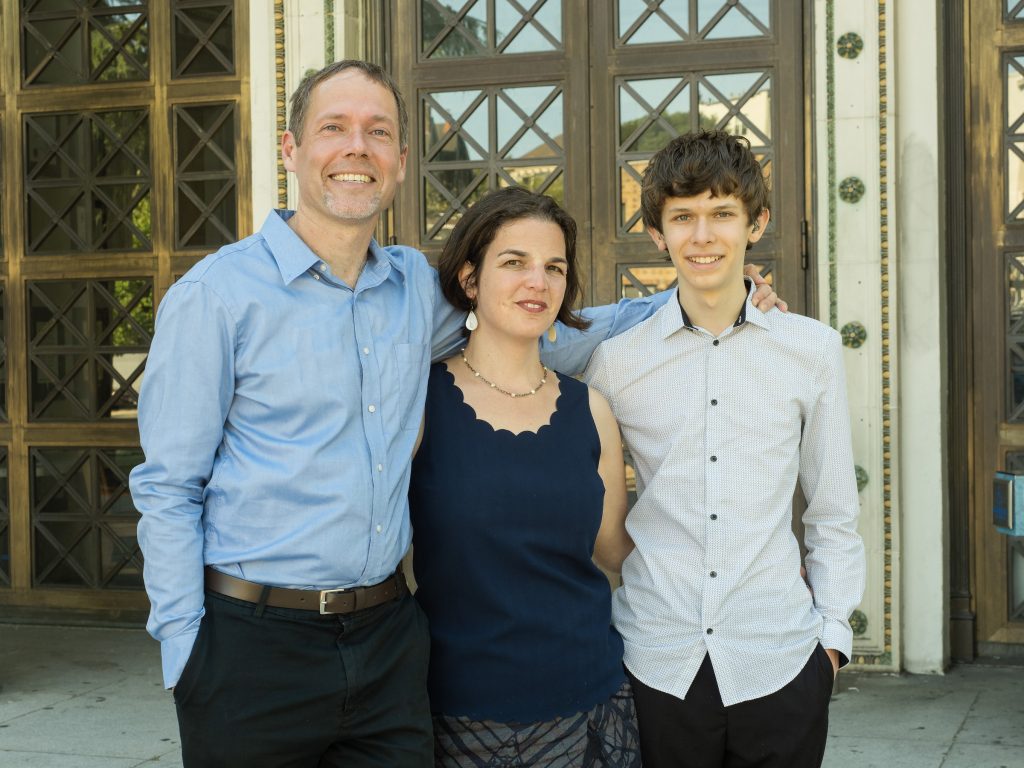
Sam Davis is a former OUSD adult education teacher and parent of an OUSD high school sophomore:
“The very biggest challenge is the pandemic. For the most part, students and staff are doing a great job keeping their masks on, reconnecting and re-establishing norms given that in-person is very different than being on Zoom and following the rules if somebody tests positive.
The other big challenge is that although we got very significant relief funding for the pandemic, that is only one-time funding, and our enrollment has dropped very significantly over the past few years, so our long-term economic outlook is grim.
So, this year, the Board is going to have to consider some very significant budget cuts for the longer-term health of the district.
I want the Board and the District to get better at communicating with the community of families, students, and employees. Because of public meeting laws, there can’t be a true discussion with the public at Board meetings, so I am hoping to create more opportunities where people can be heard and get answers to their questions about the decisions the Board and the District are making.
We also just adopted a strategic plan that speaks to five priorities:
- First, improving literacy for our youngest students because pre-pandemic, there was not a consistent language arts curriculum across the district and as a result, reading scores were very low.
- Second, building on our success with Measure N which created career academies at every high school, which increased graduation rates across the district – to build on that, we want to strengthen these programs further, for example possibly eliminating D grades and intervening earlier when students are failing a class, since a D is technically passing but is not valid for CSU or UC required classes.
- Third, continue to diversify our staff – employees of color are more likely to be rooted in Oakland and to stay longer and connect better with our students of color.
- Fourth, improve how we use our construction funds to renovate our buildings.
- And fifth, keep racial equity at the center of the work we are doing every way, and strive to become a more anti-racist district.
If you are talking about the pandemic, the food distribution was recognized widely as a huge effort that was very successful. Also, the Oakland Undivided project that got technology so that 98% of our students were able to access distance learning. And third, the foresight in purchasing thousands of air purifiers and putting two in every classroom, so that we can deal with both the pandemic and the poor air at the same time. Other districts like SFUSD only started buying the air purifiers last week.
Teachers need to be very sensitive to the socio-emotional needs of students right now, to their need to rebuild relationships, to relearn how to behave and how to study, to reconnect with the adults at school. Pre-pandemic a student might have had relationships with any number of adults on campus, but during distance learning those were very hard to build. So, a teacher needs to create space for connecting students with each other, and with the other adults on campus.
Prop 15 offered a terrific chance to repair some of that harm by making commercial property owners pay their share, but unfortunately it failed. There is mind-boggling wealth in this state and country, and we need more of it to go to our schools—so I’m hoping another Prop 15, or a wealth tax, or something similar, will pass sometime soon to give more of our students the resources that they deserve.
Debora Gordon is a writer, artist, educator and non-violence activist. She has been living in Oakland since 1991, moving here to become a teacher in the Oakland Unified School District. In all of these roles, Debora is interested in developing a life of the mind. “As a mere human living in these simultaneously thrilling and troubled times,” Debora says, “I try to tread lightly, live thoughtfully, teach peace, and not take myself too seriously.”

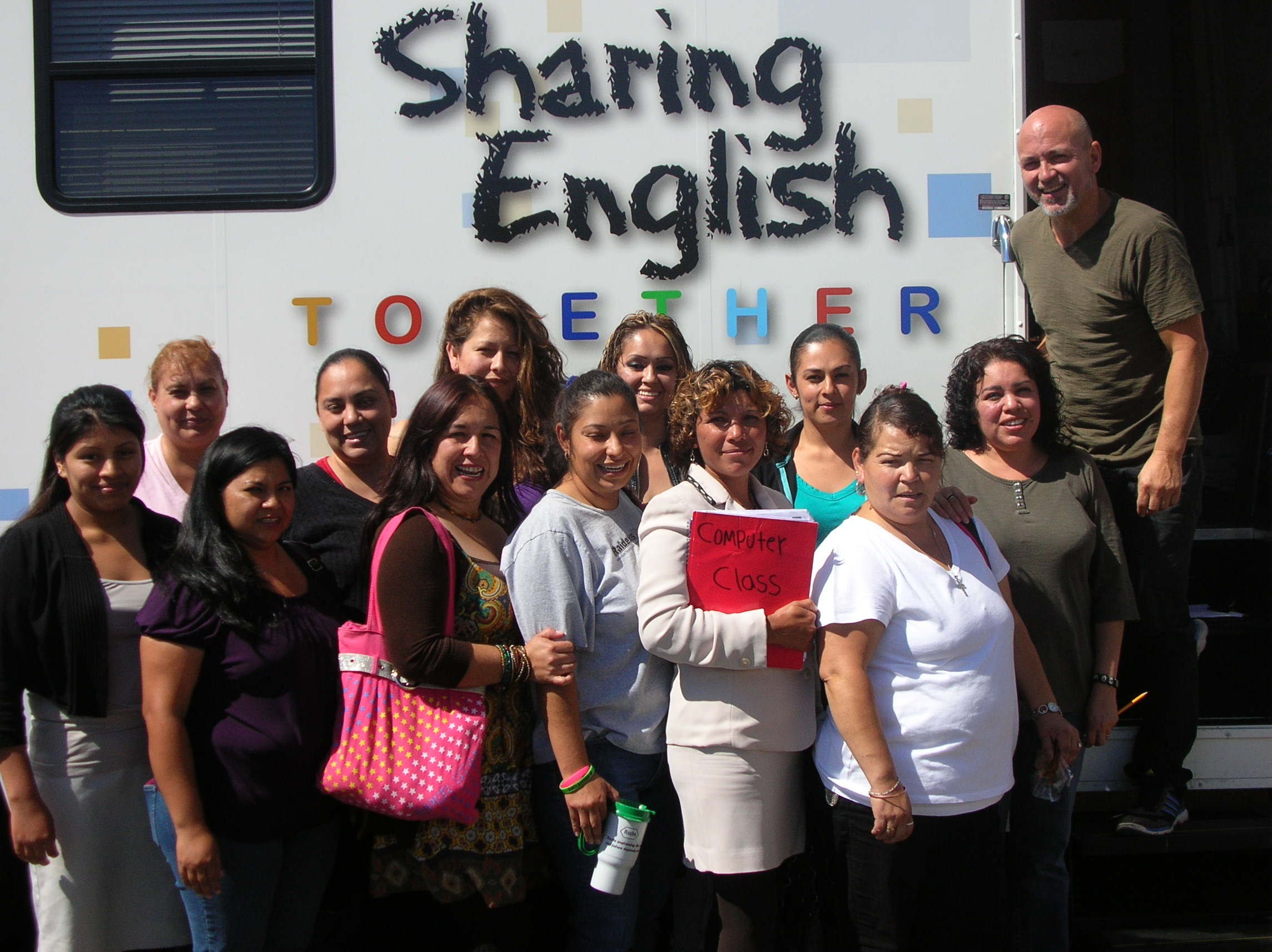

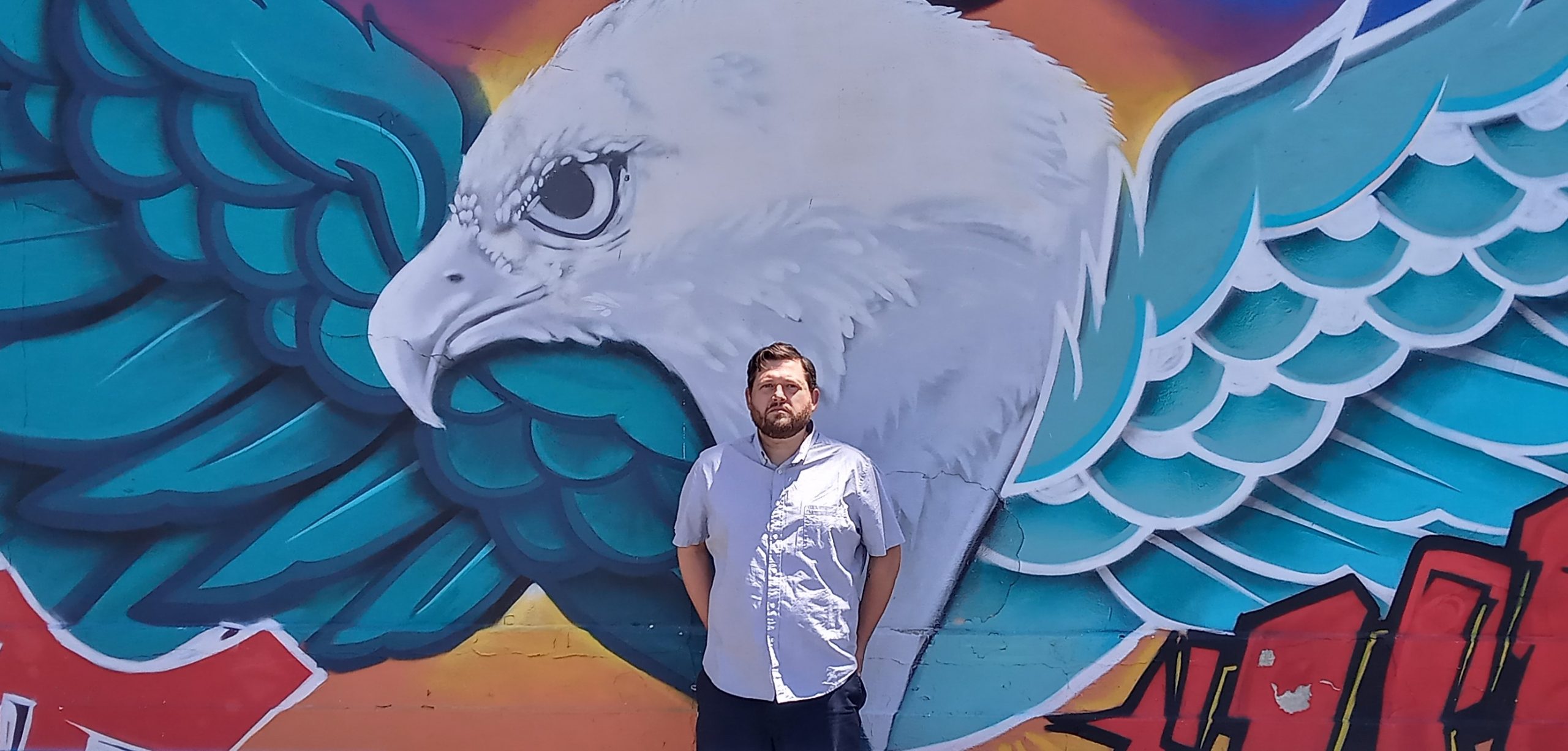
Great stories from different points of view. It sounds like OUSD is doing a good job during this Covid-19 pandemic. Thank you for sharing the news, Deborah Gordon
Janice Lord-Walker